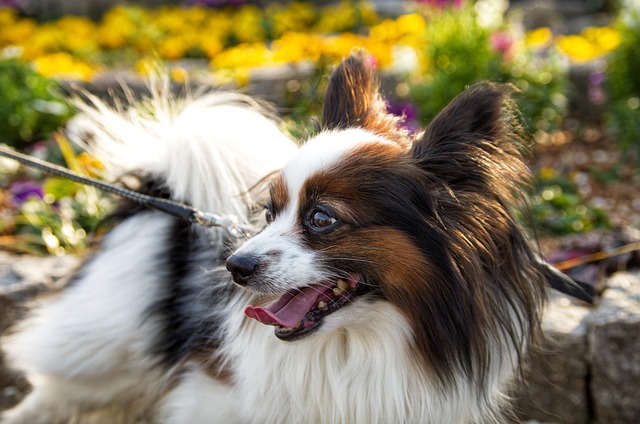
How do i train my dog to be obedient?
Watching your dog dart across the park ignoring your calls isn’t just frustrating—it can put them at risk near busy streets or public spaces.
Picture this: You’re trying to practice "sit" with your excitable Labrador, Max, in Seattle’s Green Lake Park. Suddenly, a skateboarder zooms by, a duck splashes in the water, and Max transforms into a 70-pound tornado on a leash. Sound familiar? Training outdoors feels worlds away from your quiet living room – and it should. Outdoor training isn’t just about commands; it’s about proofing behaviors against real-world chaos while respecting community norms. Let’s transform those frustrating walks into breakthrough moments.
Scientifically, outdoor environments overload your dog’s senses. Unlike sterile indoor spaces, parks flood their brains with "environmental enrichment" – novel smells, movements, and sounds triggering instinctive curiosity. Neuroscience research shows dogs process distractions in primal brain regions, temporarily overriding trained responses. Max isn’t ignoring you; his attention is biologically hijacked. Success requires rebuilding focus gradually through desensitization. Start in low-distraction zones (like your apartment courtyard) before tackling busy farmers' markets.
Here’s your battlefield strategy: Begin with a 10-foot training leash in a quiet neighborhood patch after sunrise. Practice known commands like "watch me" using extra-smelly treats (think diced hot dogs). When Max glances at a passing jogger, mark the moment he looks back at you with a joyful "Yes!" and reward. If he lunges, calmly walk the opposite direction until he re-engages. Never yank – tension amplifies excitement. For apartment dwellers in NYC, use building stairwells for "heel" practice before elevator encounters. Gradually increase difficulty: Try short sessions near Portland food carts once he’s reliable with mild distractions. Always quit before frustration sets in – five successful repetitions beat twenty messy ones.

Critically, outdoor training intersects with U.S. legal and cultural expectations. Always carry biodegradable waste bags – even during training – as cities like San Francisco issue $300 fines for missed cleanups. Ensure Max’s rabies tag is visible on his harness (state law nationwide) before hitting public spaces. Culturally, force-free methods are non-negotiable. Jerking leashes or yelling in parks like Denver’s Wash Park draws disapproval and violates modern animal welfare principles. Apartment etiquette demands extra awareness: Avoid blocking pathways during training, and never let Max approach leashed dogs without explicit permission – especially near playgrounds. Remember, service dogs training in malls have legal access; pet dogs do not.
Ultimately, outdoor training builds life skills. Celebrate when Max ignores a squirrel at Austin’s Barton Creek Trail thanks to your consistent work. If setbacks happen (like regression after fireworks), return to easier environments. Pair patience with high-value rewards, honor local leash laws, and prioritize community respect. Those chaotic park sessions? They’re forging an unshakeable bond.

Watching your dog dart across the park ignoring your calls isn’t just frustrating—it can put them at risk near busy streets or public spaces.

New puppy owners often find themselves rushing to clean up accidents before they set in, and that’s where puppy pad training becomes a game-changer.

If you've noticed your dog's waistline disappearing and your veterinarian has mentioned those few extra pounds, your first instinct might be to simply reduce the amount of food in their bowl.

Training a dog to use a designated spot indoors isn’t as daunting as many new owners fear, but it does take consistency and an understanding of your pet’s needs.

That moment of dread on a walk is all too familiar for many new dog owners. You see another dog approaching down the sidewalk of your neighborhood

If the sight of another dog on your neighborhood walk makes your heart sink as your own dog erupts into a frenzy of barking and lunging, you're not alone.